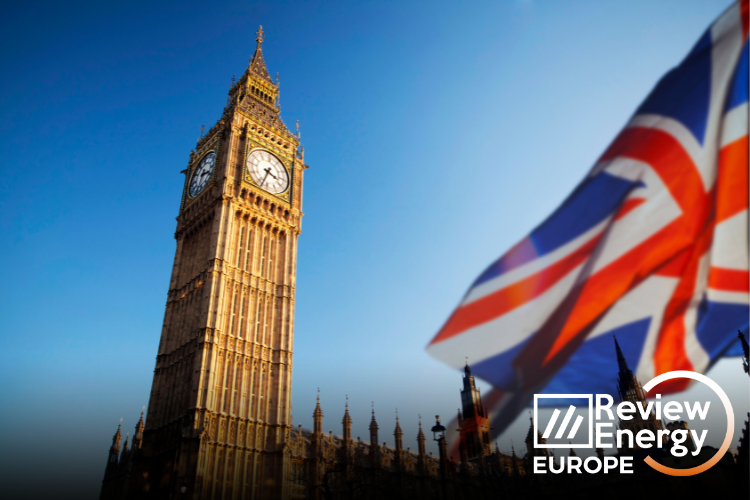
Snap election in the UK: voters want cross-party consensus on renewables
Following UK Prime Minister Rishi Sunak's call for an early national election on 4 July, several trade groups have put the spotlight on renewables, warning that this election is crucial for the sector in the race to meet the decarbonisation targets set at COP28.
Renewable UK (RUK) has said that, for this election, voters want to see a “cross-party consensus on renewables” as political parties enter campaign mode ahead of the summer general election. In addition, RUK's director of strategic communications, Nathan Bennett, also stressed: “I expect there will be a lot of focus over the campaign period on how political parties plan to lower energy bills, increase energy security and drive future economic growth.”
Bennett added that “renewables help to tackle each of those key issues – providing low-cost power, drawing billions of pounds of new investment into the UK, and lowering the exposure of UK billpayers to volatile international gas prices”. He further emphasised that,” it is clear that the vast majority of voters want a cross-party consensus on renewables, and an industrial strategy to boost industrial investment and green jobs.”
In its new manifesto, RUK has outlined a series of essential steps to achieve these goals, including a call to modernise Contracts for Difference auctions to procure consistently high volumes of renewables each year. “We need to make the UK the most attractive business environment to secure the maximum amount of private investment in clean energy in the face of intense international competition,” Bennett concluded.
Call from organisations
Friends of the Earth, an environmental NGO, has called on all parties to urgently increase their green ambition, meet crucial climate commitments and ensure that everyone benefits from the transition to a carbon-free economy. Jamie Peters, Friends of the Earth's general elections coordinator, said: “Instead of seizing the huge opportunities that developing a green economy will bring, the government has continued to champion fossil fuels, failed to properly invest in clean energy and insulation, allowed our rivers to be swamped by sewage and attempted to turn climate change into yet another culture war issue.”
Peters added that ‘despite all that is happening in the world, voters across the political spectrum want strong green policies and actions to address the climate and natural crisis. All parties should commit to developing the green economy and put the health of the planet at the heart of their manifestos. The Association for Renewable Energy and Clean Technology (REA) has also urged all political parties to come forward with ‘robust and workable plans to move the UK towards a sustainable energy future’.
Debate on renewables in the electoral context
The UK faces a number of obstacles on its path to tripling renewables, including a Climate Action Plan that has been declared ‘unlawful’ by the High Court for failing to meet minimum requirements to reduce greenhouse gas emissions.
During the election campaign, key debates are expected on the future of onshore wind energy, as new onshore wind farms have been virtually banned since 2015 due to restrictive government regulations. The renewables sector will also seek assurances on the future of solar farms, amid agitation from some Conservative Party members over the use of high-quality agricultural land. In addition, changes to the Contracts for Difference scheme are expected.
So far, the candidate who has placed most emphasis on net emissions reductions and boosting renewable energy is Labour's Keir Starmer, who has made these issues central to his policy agenda.

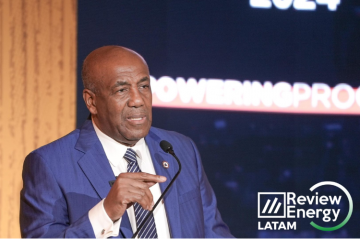

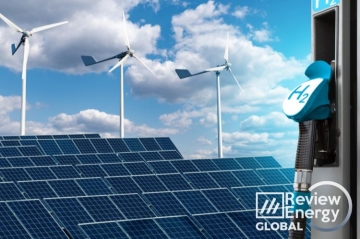
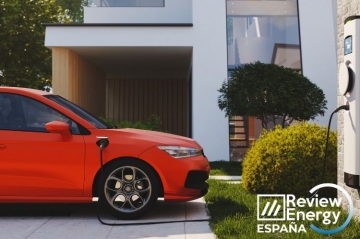

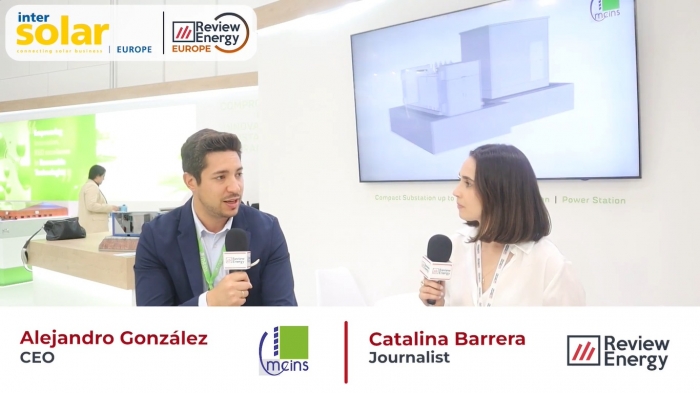

Comentarios
Sé el primero en comentar...